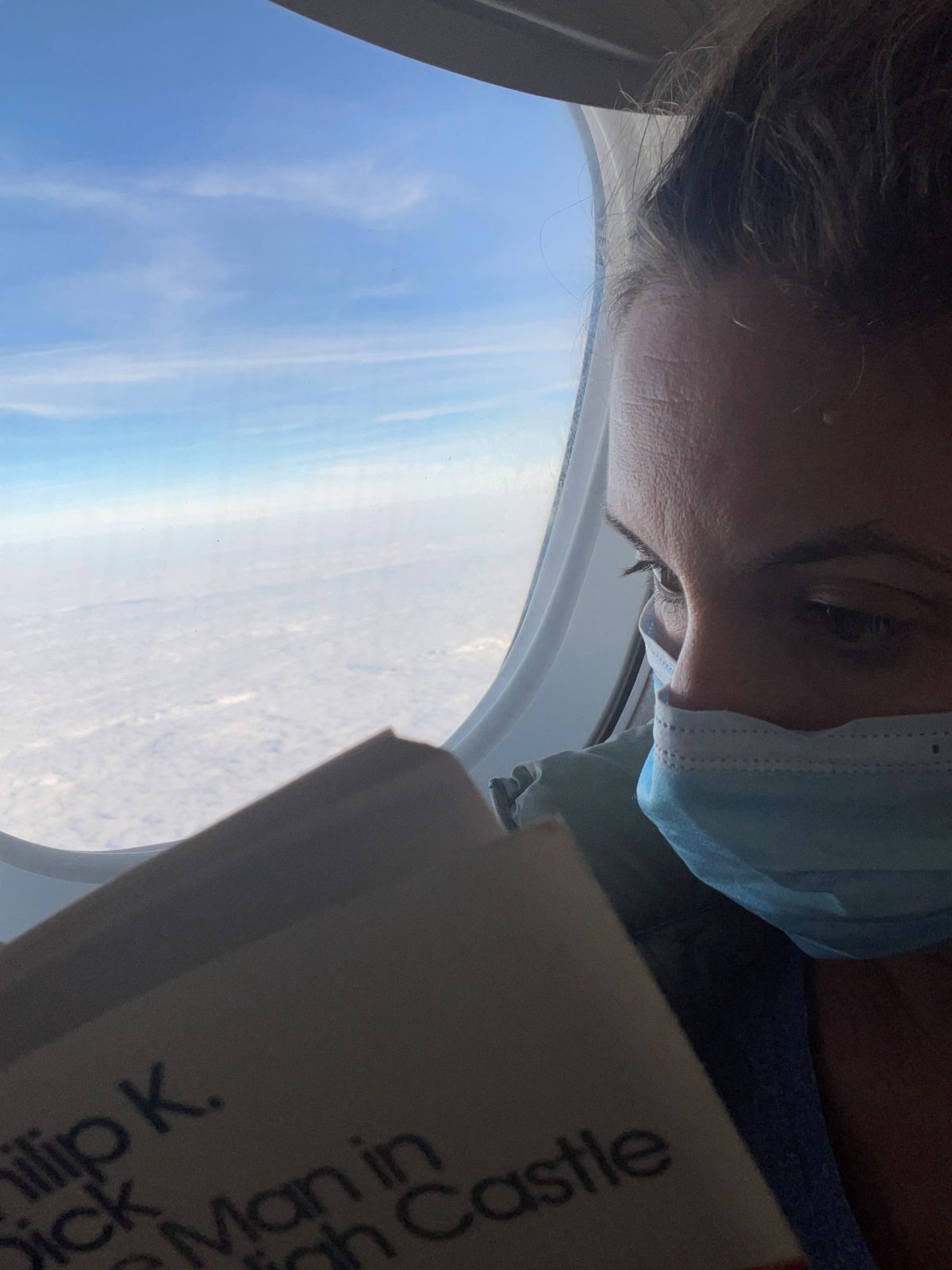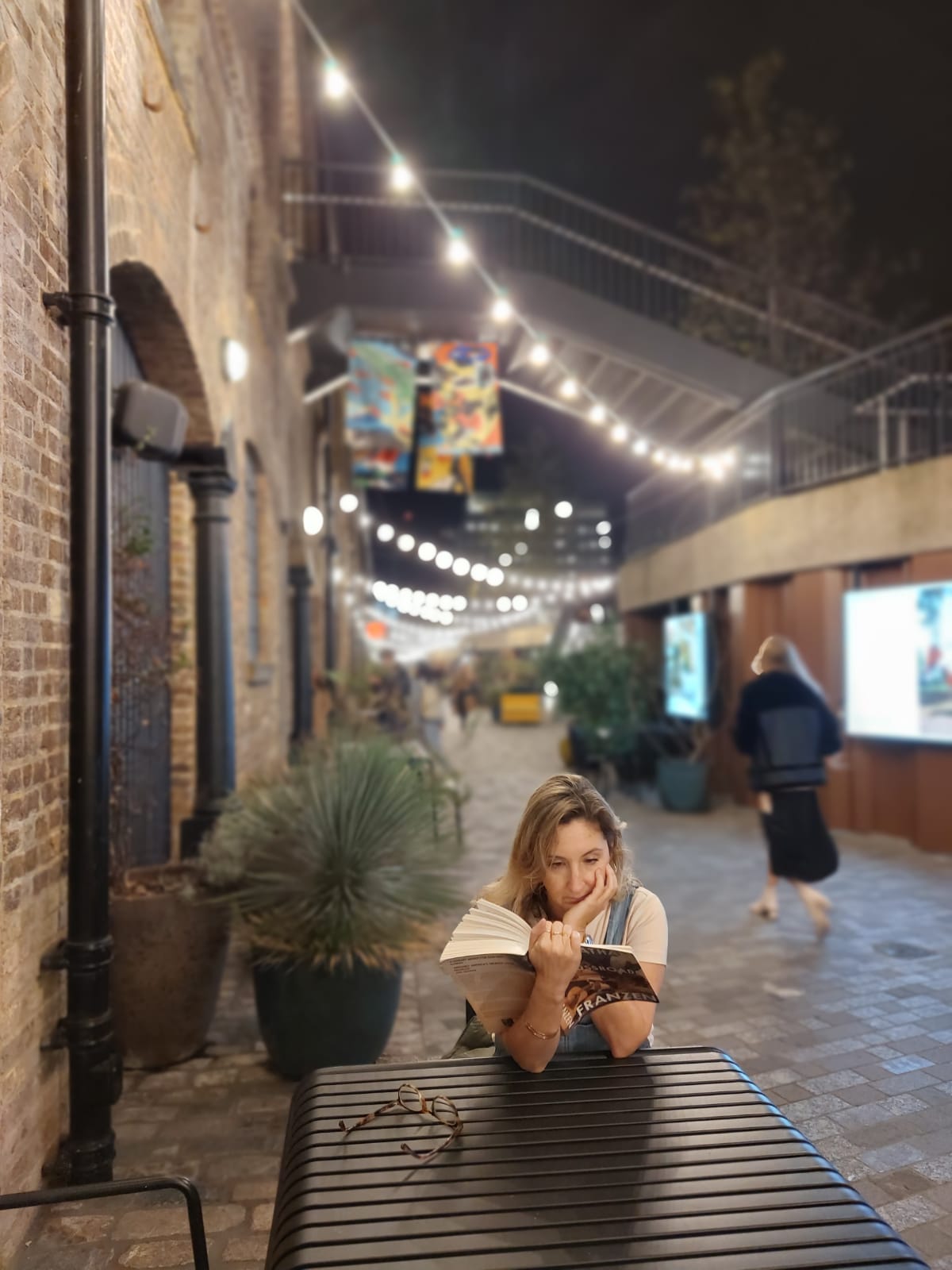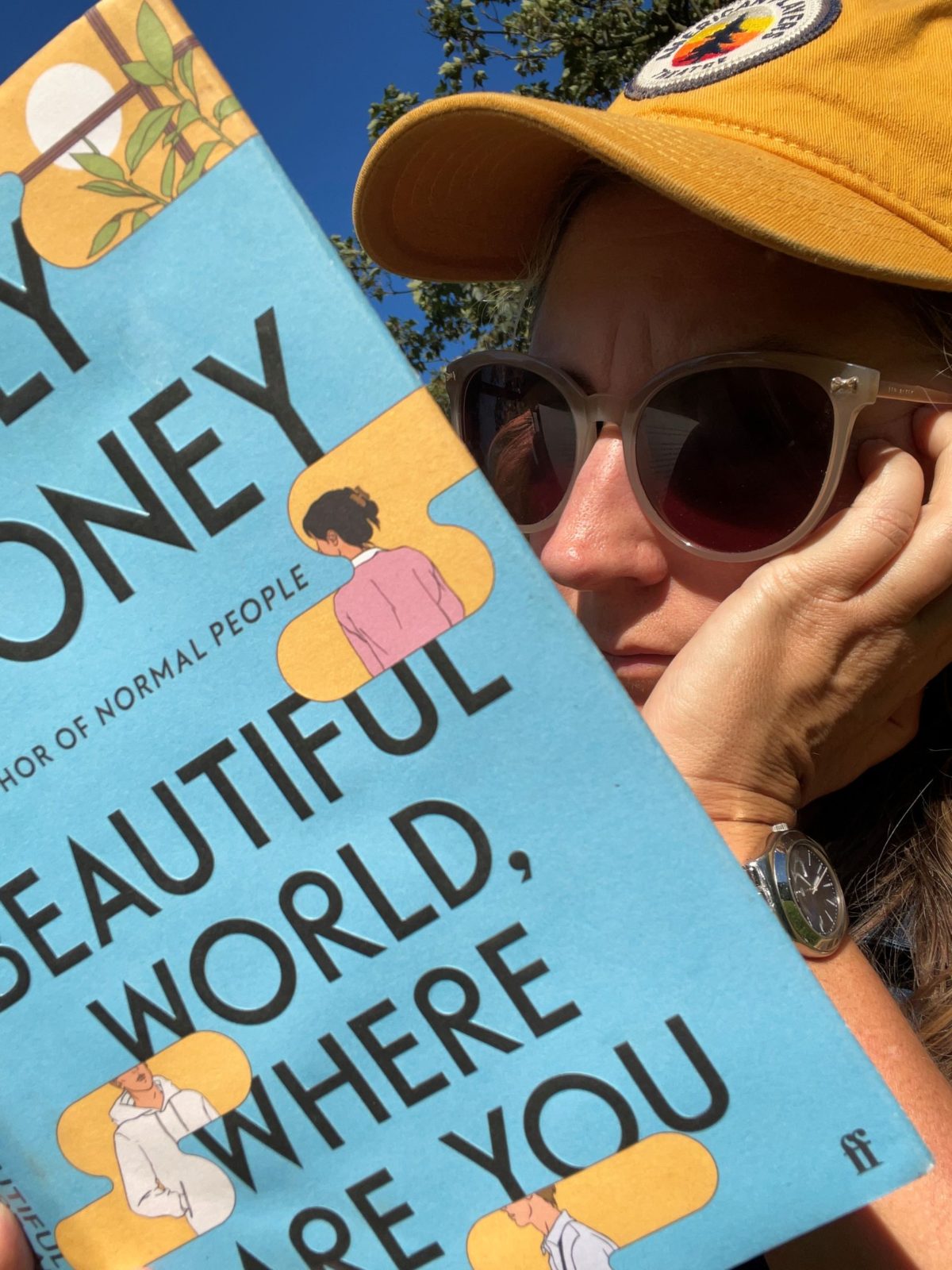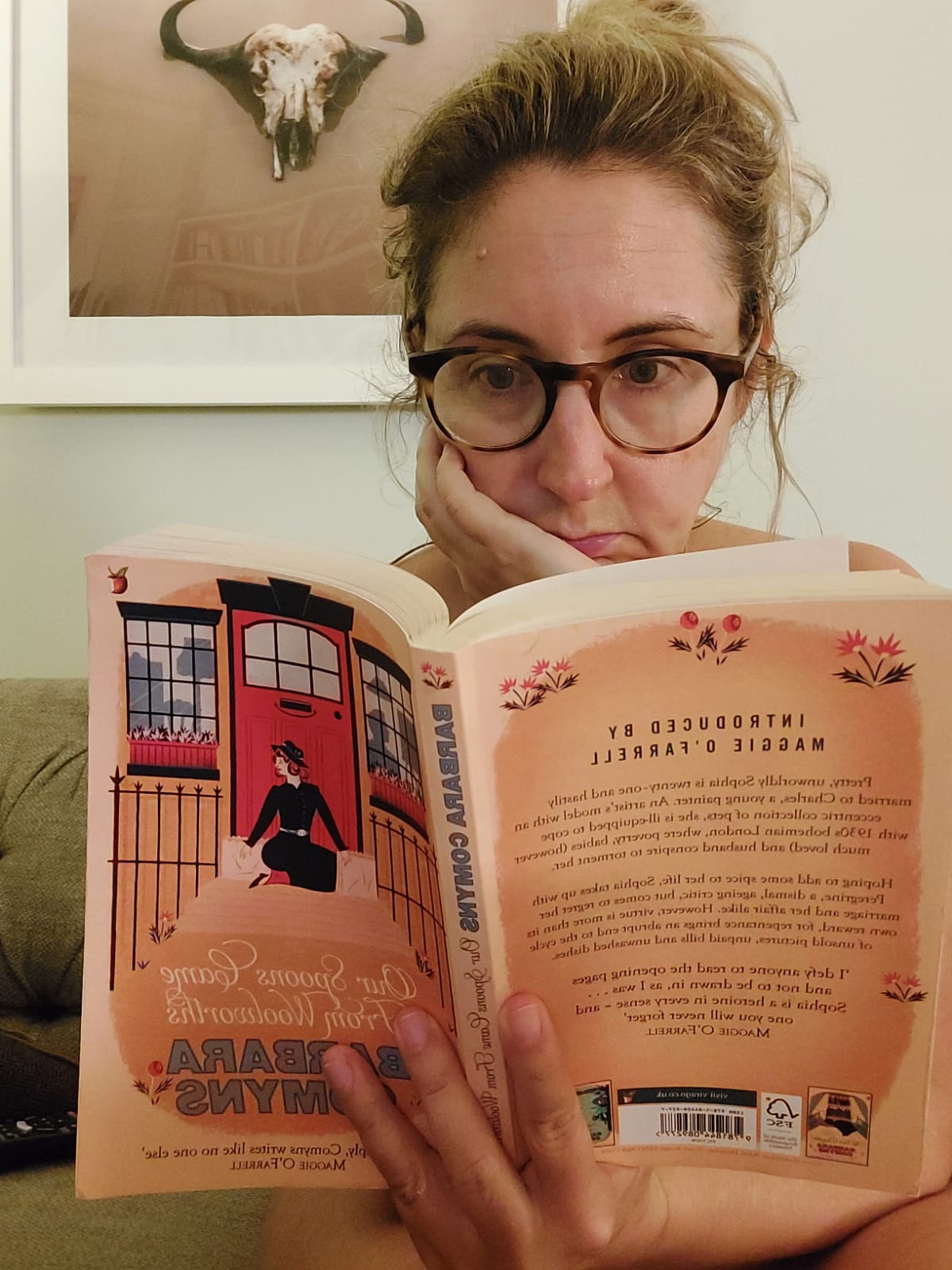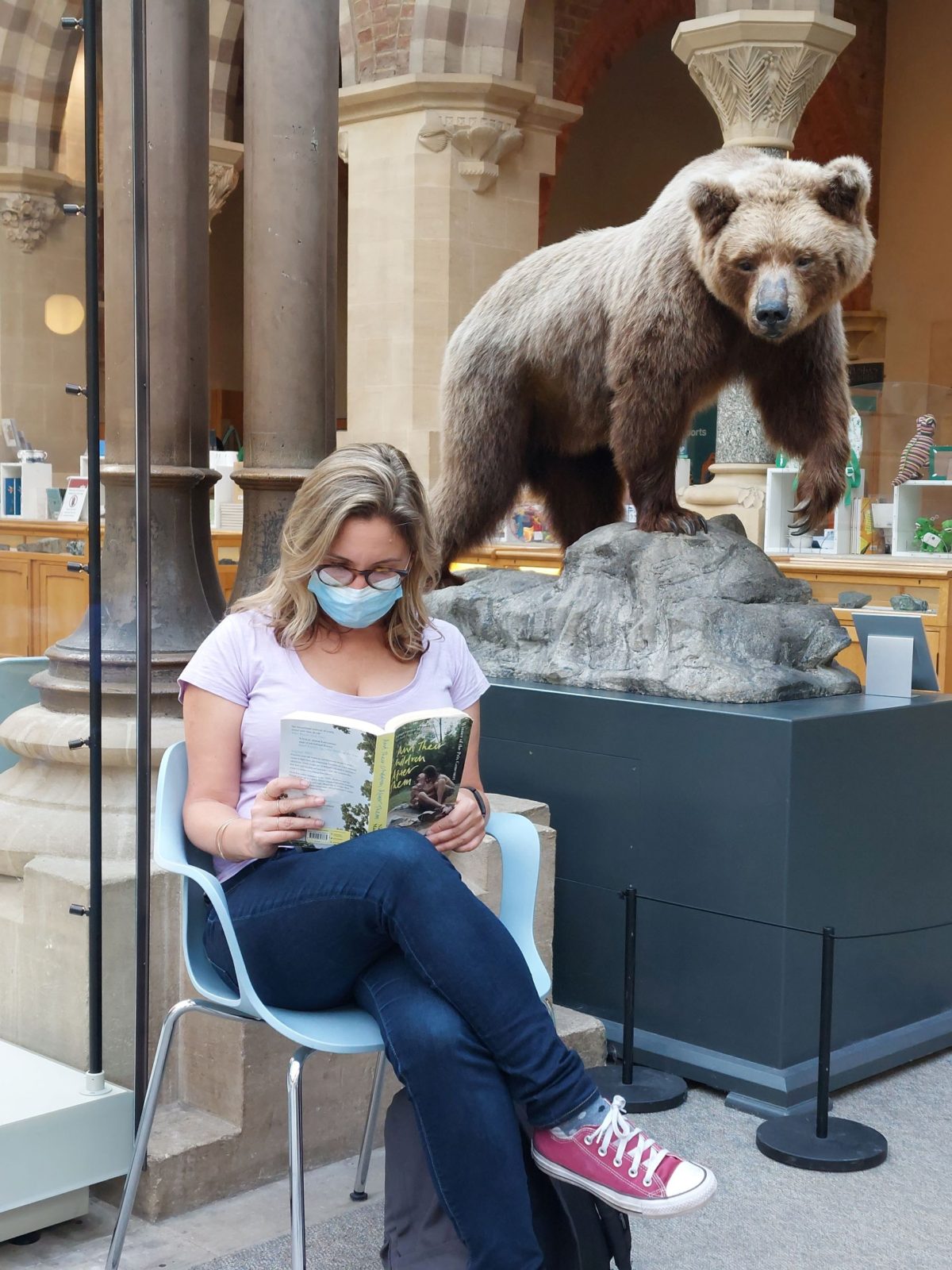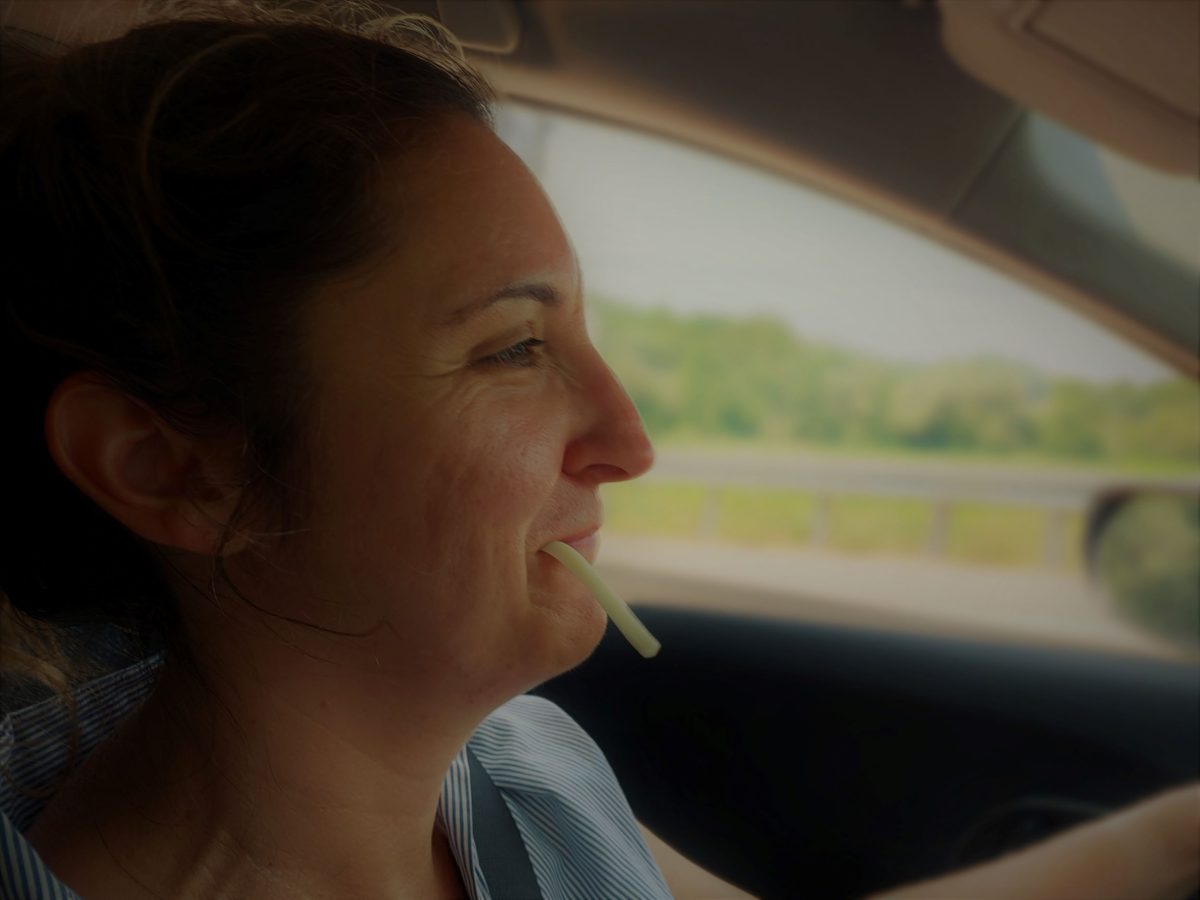This book presents an alternate reality in which the Germans and Japanese won the second world war. It has some interesting parts: for example, it imagines the internal struggles after Hitler dies (who would it have been: Goebbels? Speer? The mind boggles); it imagines what the Nazis would have done to African people; it imagines what it would have been like if Japanese culture became American culture; and so on. Sounds like a good book, right? But actually it turned out kind of boring. It covers a bunch of characters who are doing a bunch of things, but you don’t really believe in any of them and they all seem kind of the same person.
While the book was dull, the Wikipedia entry on it was certainly not. Philip K Dick led a wild life. First off, there is the five wives. That is always a red flag. The third one (who he later involuntarily confined to a psychiatric institution, but never mind that), was the one who inspired this book, largely because he needed her to think he was working, so he needed her to hear him typing, so he started typing, and ended up with THE MAN IN THE HIGH CASTLE. He never made much money, and took a lot of speed, and then when he tried to get off speed didn’t go to NA or whatever like a normal person but entered a sort of cult (Syanon), and all this was before he started to have religious visions (triggered by light glinting off a stranger’s necklace). When he died he was buried under the tombstone pre-prepared for him 53 years before by his parents, who determined he should be buried next to his twin who died in infancy. None of the wives ojected. I mean: it all went on.

